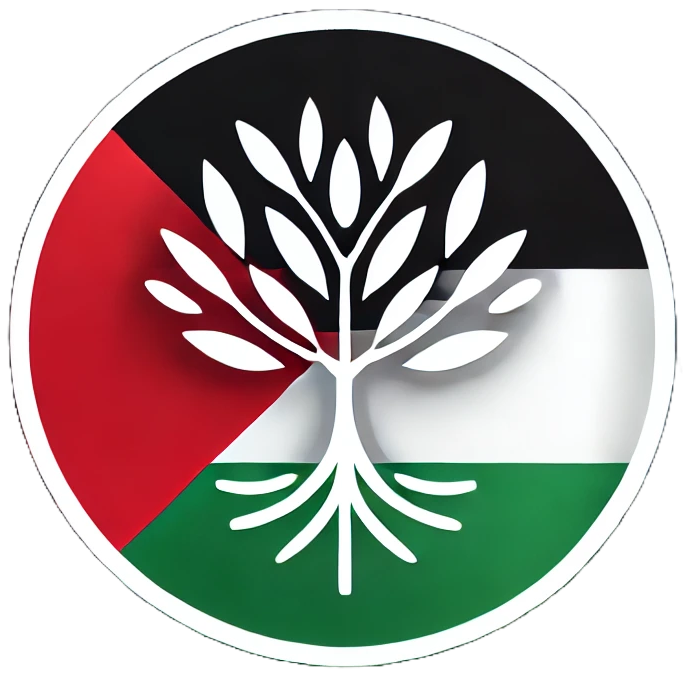Herut Party
The Herut (Freedom) Party was a right-wing political party in Israel. It was started soon after the establishment of the State of Israel in June 1948 by veterans of the Irgun, which was Vladimir Jabotinsky’s political paramilitary organization that was described by the British government as a terrorist organization. Though it was started by veterans of the Irgun and other Revisionist Zionists, it gained popularity among voters in Israel that were immigrants who were destitute and disadvantaged, like Mizrahi Jews (Jews of Middle Eastern and North African origins) thought its leadership was still dominated by Ashkenazi Jews.1
The political platform of Herut included the following. First, the party was very hawkish on security issues and foreign policy. It rejected the 1949 armistice agreements with Egypt, Jordan, and Syria which was an agreement declaring a ceasefire after the 1948 Arab-Israeli War. It also rejected Israel giving up its military positions taken in the Suez Crisis or 1956 Arab-Israeli War. Secondly, it took the position that the entirety of the Biblical Land of Israel was sacred, going on to state that the borders of the former British Mandate of Palestine should encompass all of the State of Israel. It strongly supported relations with the United States against the Soviet Union; and strongly rejected the reparations agreement between Israel and West Germany, in which West Germany would compensate Israel for the resettlement of Jewish refugees who settled in Israel after World War II and compensate Jews for property confiscated during Nazi rule. Thirdly, the party was economically liberal, it strongly supported free markets and private enterprise2, though it was still progressive on social and welfare issues. On Arab affairs, despite its relation to the Irgun, was against military governance in Arab districts present in Israel after the 1948 Arab-Israeli War as it believed that the Arabs under military rule would become hostile and resentful. It rejected any return of Arab refugees back to the State of Israel.3
Herut was unique in the Israeli political system in that it is one of only two parties that have been permanently excluded in Israeli governing coalitions, along with Maki (Communist Party of Israel). David Ben-Gurion, the first Prime Minister of Israel, uniquely rejected it as a potential coalition partner. The Herut Party would go on to be a part of the Gahal Bloc along with the Liberal Party which would later form the Likud Party, the current governing party in Israel today.4
- Johnston, Scott D. “Politics of the Right in Israel: The Herut Movement.” Social Science 40, no. 2 (1965): 104–14. http://www.jstor.org/stable/41885091. ↩︎
- https://en.idi.org.il/israeli-elections-and-parties/parties/herut/ ↩︎
- Johnston, Scott D. “Politics of the Right in Israel: The Herut Movement.” Social Science 40, no. 2 (1965): 104–14. http://www.jstor.org/stable/41885091. ↩︎
- https://en.idi.org.il/israeli-elections-and-parties/parties/herut/ ↩︎


